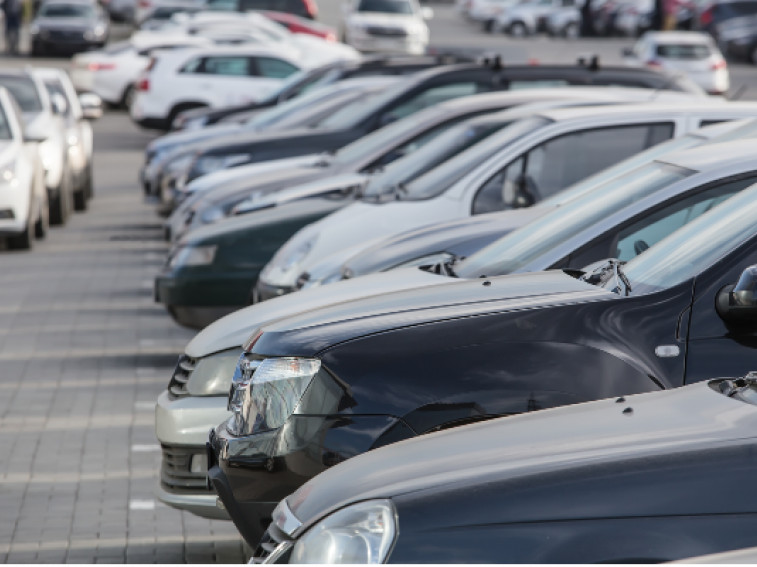Over the past few years, the climate crisis has become an increasingly mainstream topic – but over the next few weeks, expect it to make the headlines a fair bit more. From October 31st – 12th November 2021, the COP26 climate conference is taking place in Glasgow, UK. Over 200 countries and hundreds more businesses will discuss their impact on the climate. It’s estimated to be the largest ever gathering of foreign leaders on British soil and with so many people focusing on the global carbon footprint, some major decisions are tipped to be made – focusing on homes, businesses, and yes, transport.
These decisions mean online car auctions may well look very different in about 10 years’ time to how they do today. Increasing government support for electric cars might mean that more owners and dealers voluntarily convert their used cars from petrol to electric. Right now in the UK alone only 10% of cars bought are electric/hybrid. But now that the Government has set out ambitious plans to outlaw sales of new petrol cars by 2030, how long will be it before used cars start to change to adapt to the new electric world of transport?
Is it beneficial to convert your car?
Converting your car would hold several benefits. The closer to the 2030 petrol deadline, the more the country will naturally sway towards an electric friendly society, as we expand the infrastructure. Petrol stations will have more charging points, for example. Generally, electric engines are cheaper to run over the course of the ownership, so that would be a highlight too. Electricity is cheaper than petrol, and that is before any advances to engine types or charging stations in the future.
You may also be conscious of the ethical side of petrol versus electricity. Putting cost aside, there’s the obvious fact that owning an electric car is much better for the environment. It does not give off harmful emissions and the engines require much less additional maintenance, which in turn means fewer replacement parts.
These are the two main benefits of electric cars in general. Ultimately, converting your petrol / diesel would probably come down to a matter of preference, but if you feel like it’s something you want to do and are happy to pay for, there’s certainly fair arguments to do so.
Will I need to convert my car to electric?
We’ve been told in the run up to COP26 that there will be decisions made there that stand to affect almost every one of our daily lives, especially in the area of transport. However, you don’t need to worry about any legal mandates to convert petrol and diesel cars to electrical power. The long and short of it is that there could be no way the Government would be able to realistically ask motorists to convert their cars, both financially and with a short timeline.
While the Government has set out a goal to ban petrol cars from 2030, this only applies to new cars. Petrol cars will continue to be on the road for decades to come, because of both resistance from users and practicality.
One obstacle the Government could bump into is that electric cars both before and after 2030 may still be unaffordable to large swathes of the public. This will no doubt swell the market for used cars but could end up encouraging people to convert their motors to electric.
But of course, this is all still just speculation at the moment – we won’t know any concrete answers for quite some time yet. What looks likely for the time being, though, is that the market for new and used cars will continue to grow. Our range of used and salvaged cars are perfect for converting or keeping as petrol. Our car auctions range from Volvo to Vauxhall and Mercedes to Mazda and everything in between. Take a look at our auction pages for more information.




